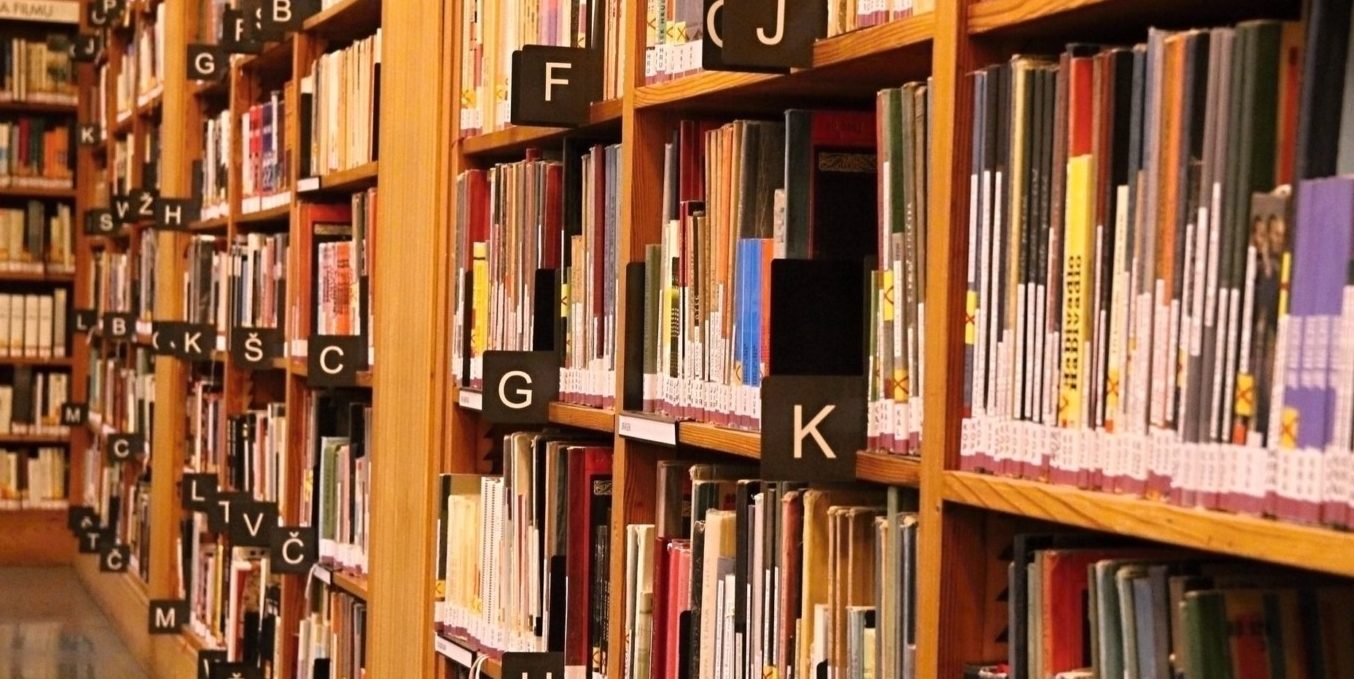Book banning: warnings the UK must heed
The epidemic of book banning continues to flourish across Western libraries, with 3,362 books banned in the US just last year[1]. The terrifying prevalence of this issue grows as it dominates discussions of freedom of speech and censorship in the US, disproportionately silencing authors from marginalised groups, including women, people of colour, and queer artists. However, if you think this is a purely American issue, you are sorely mistaken. As protests sprout here in the UK, we should prepare to fight the growing culture of censorship, lest we lose the right for expression, integrity, and inclusivity that facilitates great literature.
As the current book censorship capitals of the US, Texas and Florida have set the modern precedent for what deems a book too inappropriate for print. The revelatory action for these bans came in 2022 as Florida passed the so-called ‘Don’t Say Gay Law’ which prohibits discussions of gender identity or sexuality in classrooms [2]. Following this, around 300 books were removed from school libraries across the state [3], including Ari Folman’s Anne Frank’s Diary: The Graphic Adaptation due to its mentions of bisexuality.
Alongside the banning of hundreds of books by queer authors, the state also banned several classics [4], including: Stephen King’s Carrie and It, Margaret Atwood’s The Handmaid’s Tale, and Leo Tolstoy’s Anna Karenina. The irony of banning dystopian books penned to act as wardens against censorship, including Aldous Huxley’s Brave New World, should not be lost on us; the precision and deliberate intention of this censorship should terrify the UK.
In recent years, we’ve seen this insidious American legislation creep towards us, with the Chartered Institute of Library and Information Professionals (CILIP) reporting that a third of UK librarians have been asked to remove or censor their books [5]. More poignantly, these complaints have manifested into protests, including a July demonstration in Cork that forced Cork City Library to close for the day [6]. Protestors were advocating for the removal of Juno Dawson’s Don’t Say Gay, a queer sex education book, from the library’s collection. In February of last year, demonstrators also gathered outside the Tate Britain in London to protest against Sab Samuel, a drag artist, hosting a storytelling event for their book [7].
“The centrality of queerness to this book banning uproar is undeniable, with the conservative values dominating in Florida seeping into protests the UK”
The centrality of queerness to this book banning uproar is undeniable, with the conservative values dominating in Florida seeping into protests the UK. Looking at the history of the since overturned book bans in the UK, which include D.H. Lawrence’s Lady Chatterley’s Lover and James Joyce’s Ulysses, it becomes evident that the censorship of sexuality has always been at the forefront of such bans.
Whilst this trend of censorship seems to have shifted from fearing female sexuality to queer sexuality, the urge to suppress unconventional and under-represented topics remains constant. However, research suggests that these efforts of suppression are much more harmful than the content within the books, particularly for children.
Whilst many of the advocates for book banning, and legislation such as the ‘Don’t Say Gay Law’, argue that they aim to protect children from harmful content, allowing students to choose which books they read has been found to increase motivation to continue reading [1] . Psychologists Fulmer and Frijters discovered that when children were able to read books they were interested in, they could read above their reading level and became more persistent in overcoming reading challenges. Researchers also note that allowing children to read books about difficult or complex topics [2], such as racism and homophobia, increased theory of mind: the capacity for understanding and empathy. In the face of these bans, such research highlights the merits of letting children explore difficult topics through literature, with some books being children’s first introductions to important realities that haven’t been otherwise expressed to them.
With the seeds of censorship being sown across the UK, small steps are being taken to quell it. In 2023, Penguin Random House launched the Freedom of Expression Prize where students entered by writing about a banned book that changed their life. To halt the growth of the culture of censorship, it is integral that we continue to uplift our libraries and marginalised authors, heeding the insidious warnings from the US. Conscious efforts towards preserving the unconventional voices that make literature so great can combat the creeping of book banning towards the UK, maintaining the freedom to choose what goes on our own bookshelves.
[1] https://www.tandfonline.com/doi/abs/10.1080/00220973.2010.481503
[2] https://www.science.org/doi/10.1126/science.1239918
[1] https://pen.org/banned-book-list-2023/#:~:text=PEN%20America%20counted%20school%20book,Index%20of%20School%20Book%20Bans
[2] https://www.flgov.com/2024/03/11/florida-wins-lawsuit-against-parental-rights-in-education-act-to-be-dismissed-law-remains-in-effect/#:~:text=In%202022%2C%20Governor%20Ron%20DeSantis,need%20to%20be%20age%2Dappropriate.
[3] https://www.nbcmiami.com/news/local/roughly-300-books-were-removed-from-libraries-in-florida-last-school-year-heres-the-full-list/3113184/
[4] https://pen.org/more-than-300-titles-banned-in-collier-county-florida/
[5] https://www.infodocket.com/2023/04/20/report-from-the-united-kingdom-third-of-uk-librarians-asked-to-censor-or-remove-books-research-reveals/
[6] https://www.irishexaminer.com/news/arid-41194729.html
[7] https://www.bracknellnews.co.uk/news/national/23316251.drag-queen-whose-childrens-event-sparked-tate-protest-says-role-model/

Comments